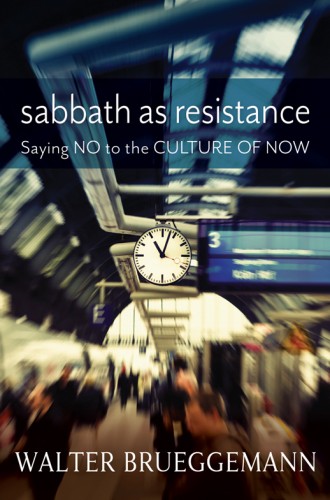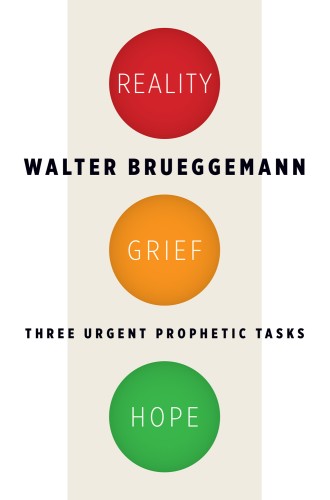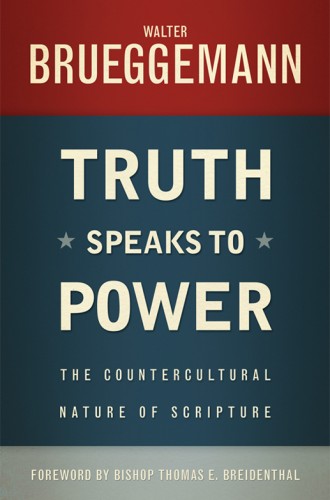Subversion and hope
In the Old Testament section of my office library, my Walter Brueggemann collection measures just over a cubit and a span. The oldest pair of books are hardbacks I bought for less than five dollars new for a college Bible course: The Vitality of Old Testament Traditions and Tradition for Crisis: Hosea. Together they were an epiphany for me. Having thought the Bible to be a flat, advice-filled bore, I was mesmerized by the idea that there was a living history behind and within it. We can overhear a hotly contested conversation going on within the Bible, I learned, and that debate drives our theological and social discussions today. A year later I was surprised to find myself in seminary, scooping up more Brueggemann, my imagination stretched to discern the ways biblical truths really matter, and might still matter.
Through my now three decades of ministry, I have found Brueggemann to be a constant partner in thought, a provocateur who keeps me on my toes. He has made me a more insightful reader—of books, of culture, and of the church. His Genesis commentary sent me scurrying to read John Steinbeck’s East of Eden, and Brueggemann introduced me to Christopher Lasch and Neil Postman as well. I’ve heard him talk quite a few times. Or I should say, I’ve experienced him talking: piercing eyes, white beard, grand gestures, and a voice he must have borrowed from John the Baptist.
At some point I wearied of him. I felt his modus operandi had become predictable. Pick any topic or person—peace, David, worship, or Ichabod—and Brueggemann would be off and running, exposing what is foolhardy in our culture in the searing light of the Bible’s counterculture. I have the hang of his grammar; I’ve imbibed his perspective; I can perform a pretty fair impersonation of him.







